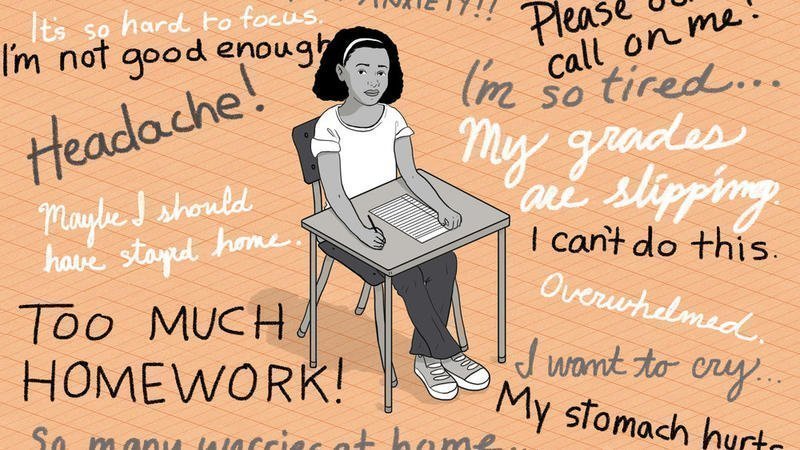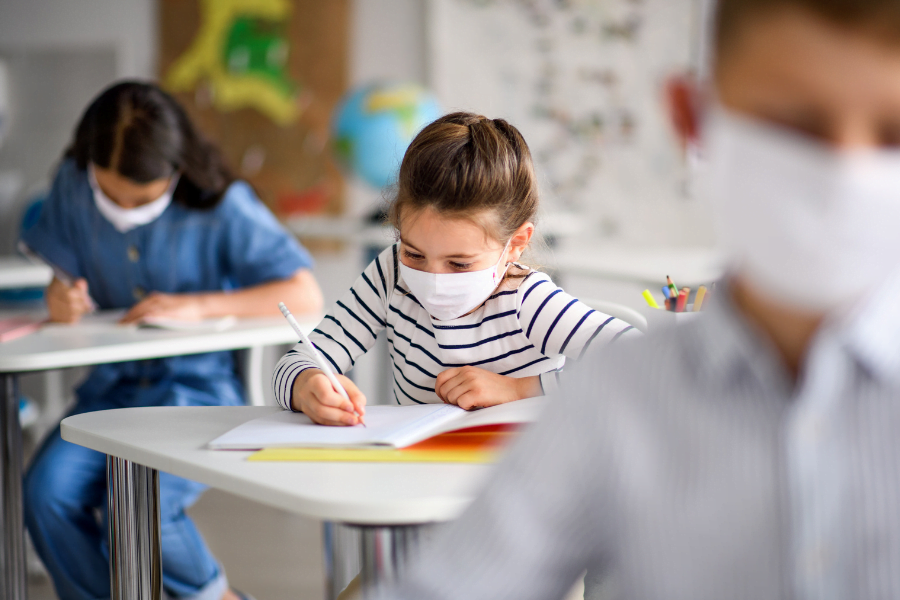
Mental health is the psychological, social, and emotional well-being of a person. Mental health is important at any age, but especially in youth. It affects how you feel about yourself, your relationships with others, and the world around you. It also helps determine how you behave and cope with stress, anxiety, and other challenges that may come up in life.
Mental health can be defined as a state of emotional and psychological stability. It is the ability to deal with life’s everyday stresses, work, family, and relationships. A person who has good mental health can handle normal daily situations that come their way.
Mental illnesses are conditions that disrupt thinking, feeling, or mood. These conditions may affect the ability to relate to others and function at work or school. Mental disorders are treatable illnesses that often respond well to treatment with medication or psychotherapy.
Student’s mental health
The student’s mental health is a complex issue that can have a huge impact on their educational experience, and also their life in general. Mental health is an umbrella term for many different disorders, including depression and anxiety, but also includes less serious issues such as stress and burnout.
A student with a mental health condition may find it difficult to learn effectively, get along with peers and teachers, or participate in extracurricular activities. In addition to these issues, students who are dealing with mental health conditions often have difficulty managing their emotions and behaviors.
ALSO READ: How to maintain good mental health during COVID-19 lockdown

To be successful academically and socially, a student needs to be able to manage their emotions effectively. Most students deal with this challenge at some point in their lives; however, some people have more difficulty than others with regulating their emotions when they are stressed or upset. There are many different ways to monitor students’ mental health, and it is important to be aware of all the resources available.
Ways of monitoring a student’s mental health:
-
Monitor student absences
To monitor students’ mental health, it is important to monitor absences. This can be done by creating a system that monitors student attendance and grades, then cross-references that with prior attendance and grades. Monitoring student absences is one of the easiest ways to identify students who may be struggling with mental health issues. It’s important to note that students who are struggling with mental health issues may not be absent from school, but they may be missing class frequently or arriving late. If a student is frequently absent or arrives late, it’s important to talk with them privately and ask them if they’re okay.
-
Give students safe spaces to express themselves
Giving students safe spaces to express themselves is an important way of monitoring mental health. Students who can express their emotions and thoughts healthily are less likely to resort to self-harm or other destructive behaviors. When students feel like they can be honest about how they’re feeling, they are more likely to seek help when it is needed. This can help prevent mental health problems from spiraling out of control and make sure students get the support they need before anything gets too serious.
-
Keep in touch with parents and guardians
Teachers are often the first to notice if a student is struggling with mental health issues, but it can be difficult for them to reach out and ask questions about their wellbeing.
Keeping in touch with parents and guardians is a great way to monitor your students’ mental health. Not only can you stay on top of their academic performance and make sure they are keeping up with their responsibilities, but you can also get a feel for how they are feeling in general. If a student is falling behind in class or missing assignments, it could be a sign that something is wrong outside of school.
-
Check-in with students one-on-one
One of the best ways to monitor the mental health of your students is to check in with them one-on-one. This can be done via email, phone calls, or even face-to-face meetings. You should make sure that you are checking in with all of your students, not just those who may seem like they need help.
When you do this, you are getting a better understanding of what is going on in their lives outside of school and how this affects their education. You may find out about issues at home or other difficulties that might be affecting their ability to focus in class.
This type of interaction helps you get to know your students on an individual level so that if any issues arise later on down the road, you already have some background knowledge about where things stand between the two of you.
-
Make wellness and mindfulness a regular part of the curriculum or school day
The most important way to monitor students’ mental health is to make wellness and mindfulness a regular part of the curriculum or school day. The more students are taught about the importance of taking care of themselves, the more likely they are to do so. In addition, schools can encourage students to participate in yoga or meditation classes after school hours. These kinds of activities are proven not only to help kids feel better but also to help them do better academically.
Finally, teachers should be trained in how best to support their students’ mental health needs and then be given more autonomy over what approach they will take when supporting specific students in need.
Conclusion

We all want our students to succeed, but neglecting their mental health could have devastating effects on their lives. Mental health is often neglected, but it shouldn’t be. We need to work together as a community to ensure that our students feel supported and cared for. If you would like to do something about this, you can get in touch with your local politicians or even write a letter about how important it is for mental health to be addressed in the school curriculum. You could also contact your child’s school and ask them what they are doing to ensure that the children in their care are getting the help and support that they need.









